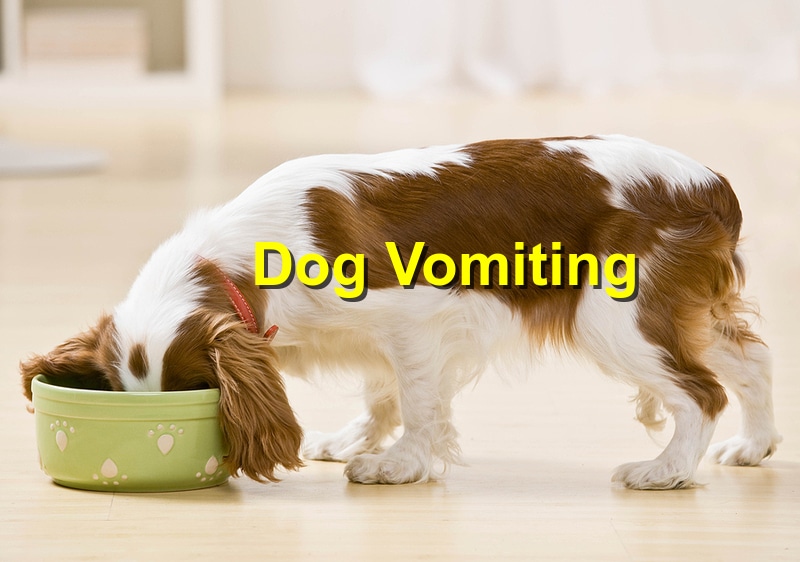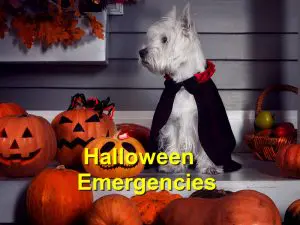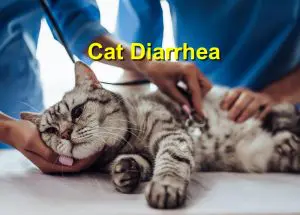Dog vomiting is a pretty commonplace issue that almost all poodle parents have to deal with at one point in their lives. And as much as it can be jarring or even mildly alarming to witness your beloved dog vomiting for the first time, there are several things that you have to pay attention to as far as this subject is concerned. And here’s a quick primer on that.
What Causes Dog Vomiting?
There are quite a several reasons your pet always seem to be battling vomiting every now and then. And this includes;
· Consuming fatty foods
· A diet of table scraps, particularly if they are saturated in grease and fat
· Eating garbage
· If they accidentally swallow sticks, hair, socks, hair ties, bones, or other foreign objects
· Accidental or intentional ingestion of poison such as rat poison, antifreeze, household drugs, pesticides, and the likes
· Suffering from motion sickness
· Anxiety or stress
· Too much excitement
When to Visit the Vet
Although this may sound like an anomaly, not all cases of your dog vomiting warrant a trip to the emergency vet. Nevertheless, there are cases where it can be advisable and quite prudent to take immediate action and contact your local veterinary office. And this includes;
· There are other symptoms accompanying the dog vomiting episodes: These include but are not limited to listlessness, a notable loss of appetite, unusual behavior, violent/persistent diarrhea, etc. We would recommend getting in contact with your vet as soon as possible.
· There are bloodspots in the vomit: Although blood in your dog’s vomit won’t always be red, you can look for telltale signs of dried blood which often resembles ground coffee. Most of the time blood in the dog’s vomit typically indicates the presence of a gastric ulcer or that they have ingested a foreign object that may have pierced their delicate lining.
What the Vet Can Do for Your Dog
Visiting an emergency vet after your dog has started showcasing signs of vomiting is advisable as they may be able to do the following for your pet.
· Trace the cause or origin of the vomiting: They will perform a thorough examination of your pet to determine what exactly is causing them the unabated vomit.
· Check for blockages in the digestive tract or the pet’s throat: This may require surgery, but it is also highly necessary for it to be done as quickly and as safely as possible for the sake of your pet’s health
References: BluePearlVet, PetWebMD




